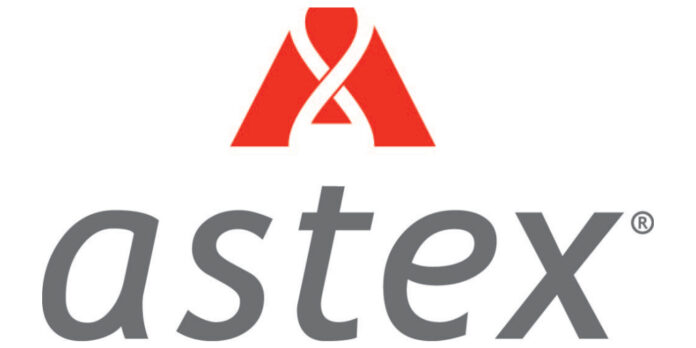PLEASANTON, Calif.– Astex Pharmaceuticals, Inc. (“Astex”) announces today that the European Commission (EC) has granted orphan-drug designation (ODD) to the oral fixed dose combination of decitabine and cedazuridine (ASTX727) for the treatment of Acute Myeloid Leukemia (AML).
ODD is granted by the EC to medicinal products intended for the treatment, prevention or diagnosis of a disease that is life-threatening or chronically debilitating and which affects fewer than five in 10,000 people in the European Union (EU)2. The EC incentivises companies to develop medicines that provide significant benefit to those affected by rare conditions. ODD-granted therapies, such as ASTX727, entitle companies to 10 years of market exclusivity once the product is approved, among other benefits2. The ODD initiative plays a key role in facilitating and encouraging the development of these important medicines to potentially improve the lives of the 30 million people in the EU suffering from a rare disease2.
“The granting of ODD is a key and important step in the journey toward finding a new treatment option for patients with AML,” said Andy Hodge, CEO of Otsuka Pharmaceutical Europe Ltd., Astex’s commercialization partner in Europe. “We will continue to collaborate with all key stakeholders, including the EC, to make this treatment available to patients in need.”
Harold Keer MD, PhD, Chief Medical Officer of Astex Pharmaceuticals, Inc. said “AML continues to be a challenging disease area with high rates of relapse and low rates of five-year survival. The disease has a higher incidence rate in people aged over 60 years, which presents an important challenge as the population ages. The granting of ODD signifies that ASTX727 is considered to be a medicine that may potentially benefit those affected by this rare life-threatening condition.”
ASTX727 is not approved for any indication in Europe and is not approved in any country for the treatment of AML


